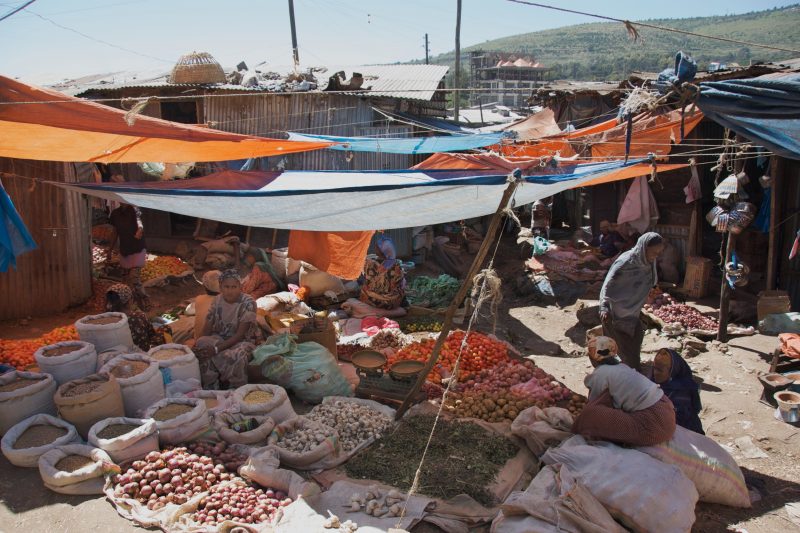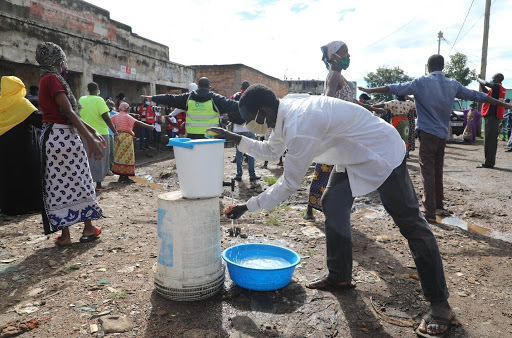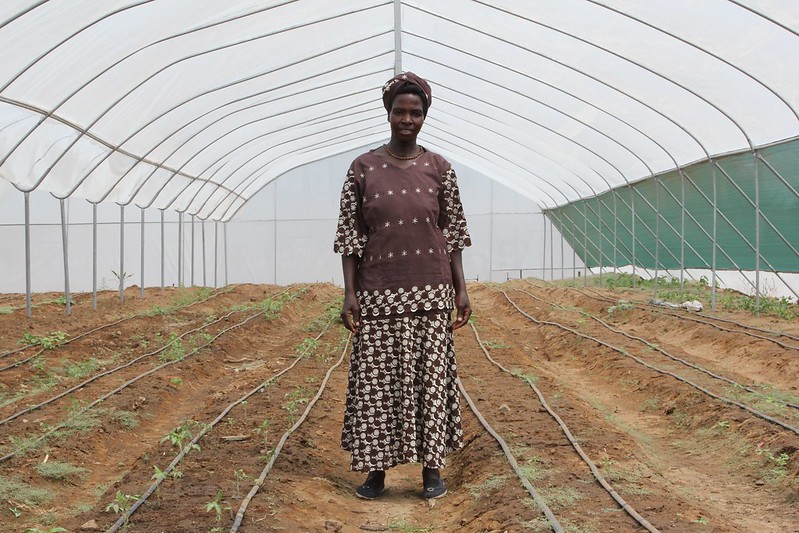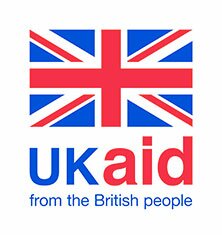COVID-19

This brief from the third report in a 6-part series, explores the impact of COVID-19 and government response measures on poor and vulnerable groups in urban areas in Ethiopia. The findings highlight four key areas for urgent attention: misconceptions about COVID-19, rising food prices, inadequate and costly water supply and a reduction in the number of people receiving aid. The full research report can be found here. Authored by Donna Harris, Biniyam Tadesse, Israel Mitiku, Mekdes Demissie, Alula Teklu, Girmay Medhin, and Frehiwot Belachew.






This brief summarizes the recommendations and learning from the report published which explores the role that traditional leaders have played in the response to COVID-19 in Sierra Leone.






Credit: Kasper Bøgsted Kristensen, Danish Red Cross
This brief from the second report of a six-part series exploring the impact of COVID-19 on vulnerable groups in Ethiopia, highlights the importance of policies that ensure the most vulnerable benefit from the support provided by government and other organisations, and that the process of targeting the support is transparent. Authored by Donna Harris, Alula Teklu, Girmay Medhin, Israel Mitiku, Biniyam Tadesse, Mekdes Demissie, and Frehiwot Bekele. The study is funded through the Building Resilience in Ethiopia (BRE) Programme and implemented in partnership with the Maintains Programme.



Credit: Kasper Bøgsted Kristensen, Danish Red Cross



Credit: Stanford Alumni Association Travel-Study Program, October - November 2007
This brief presents key findings from round one of a six part study, exploring the impact of COVID-19 and government response measures on poor and vulnerable groups in urban areas in Ethiopia. The full research report can be found here. Authored by Donna Harris, Alula Teklu, Girmay Medhin, Israel Mitiku, Biniyam Tadesse, and Mekdes Demissie. The study is funded through the Building Resilience in Ethiopia (BRE) Programme and implemented in partnership with the Maintains Programme.



Credit: Stanford Alumni Association Travel-Study Program, October - November 2007



In Sierra Leone, Maintains has been undertaking new work looking at how the government can be supported as they respond, adapt and recover from COVID-19. Our team have used a systems lens to analyse the leadership and governance response to COVID-19 and how this looks across both health, and non-health social sectors. This brief underscores the key findings and further recommendations from the full report, as well as provides and update on wider Maintains work.






Credit: John Bundi / Kenya Red Cross Society
This executive summary of the full report documents the experiences and challenges of scaling up the response to COVID-19 in the first three months of the outbreak – March to May 2020 – in five countries: Bangladesh, Kenya, Pakistan, Sierra Leone, and Uganda. Authored by Debbie Hillier, Tom Newton-Lewis, Rithika Nair, and Christoph Larsen.



Credit: John Bundi / Kenya Red Cross Society



Credit: Daniel Cima/American Red Cross
Maintains is about to start an in-depth study of the impact of COVID-19 and control measures on poor households and vulnerable groups in urban settings in Ethiopia. In this blog, originally posted on the OPM site, Donna Harris and Zoma Mesfin describe findings from preliminary interviews with key informants, along with the key issues which emerged and how these will be explored in the upcoming Maintains study.



Credit: Daniel Cima/American Red Cross



Credit: Russell Watkins/DFID
As the number of COVID-19 cases in Kenya continues to rise, this article examines the response of the Government, the impact on essential services, and recommendations for response and recovery.



Credit: Russell Watkins/DFID



Credit: Marisol Grandon/DFID
The COVID-19 pandemic will mean many more millions of people will not have enough to eat, with predictions that some 265 million people could be pushed into acute food insecurity. This rapid literature review explores strategies to address the short and longer term impacts of malnutrition caused by the pandemic.



Credit: Marisol Grandon/DFID


